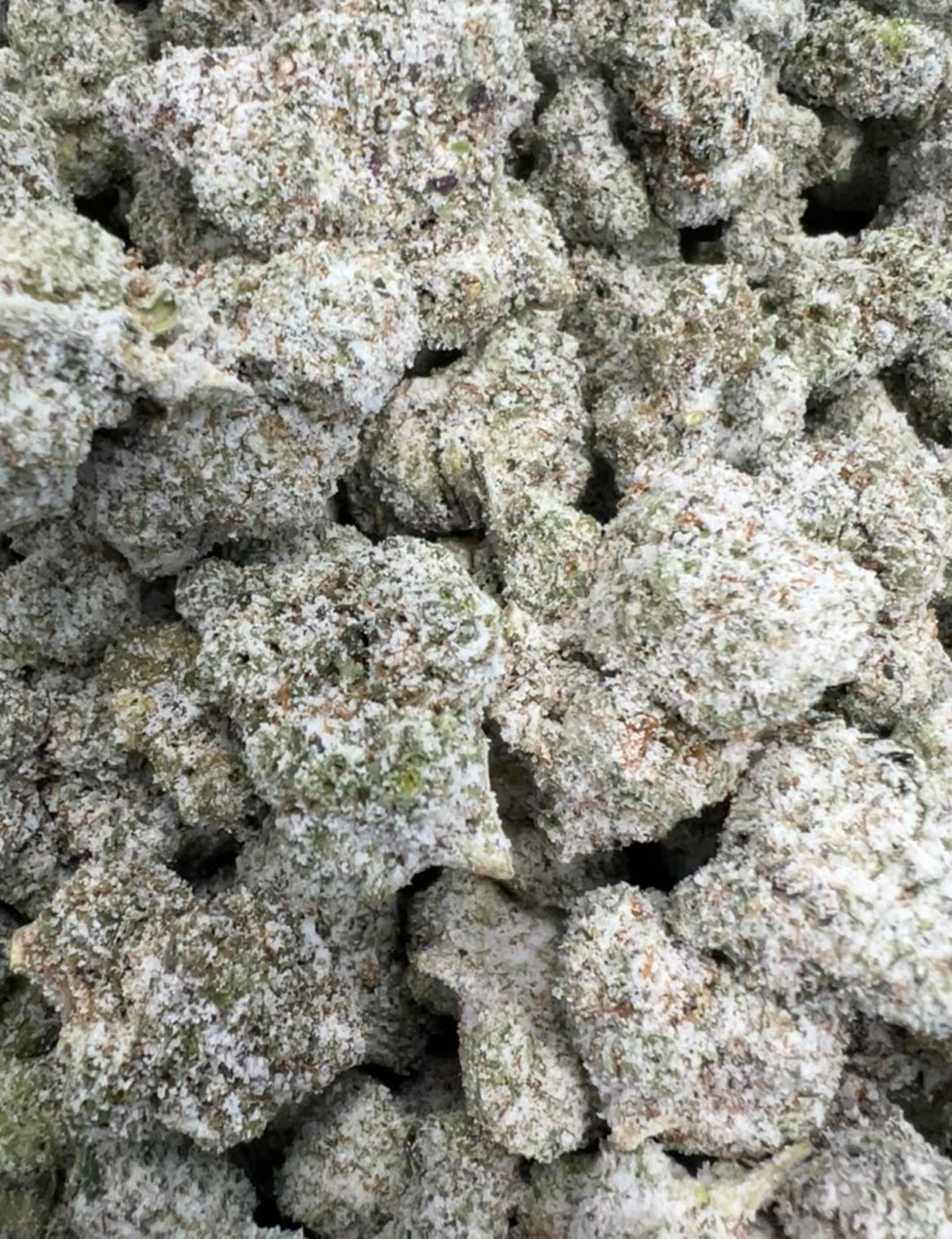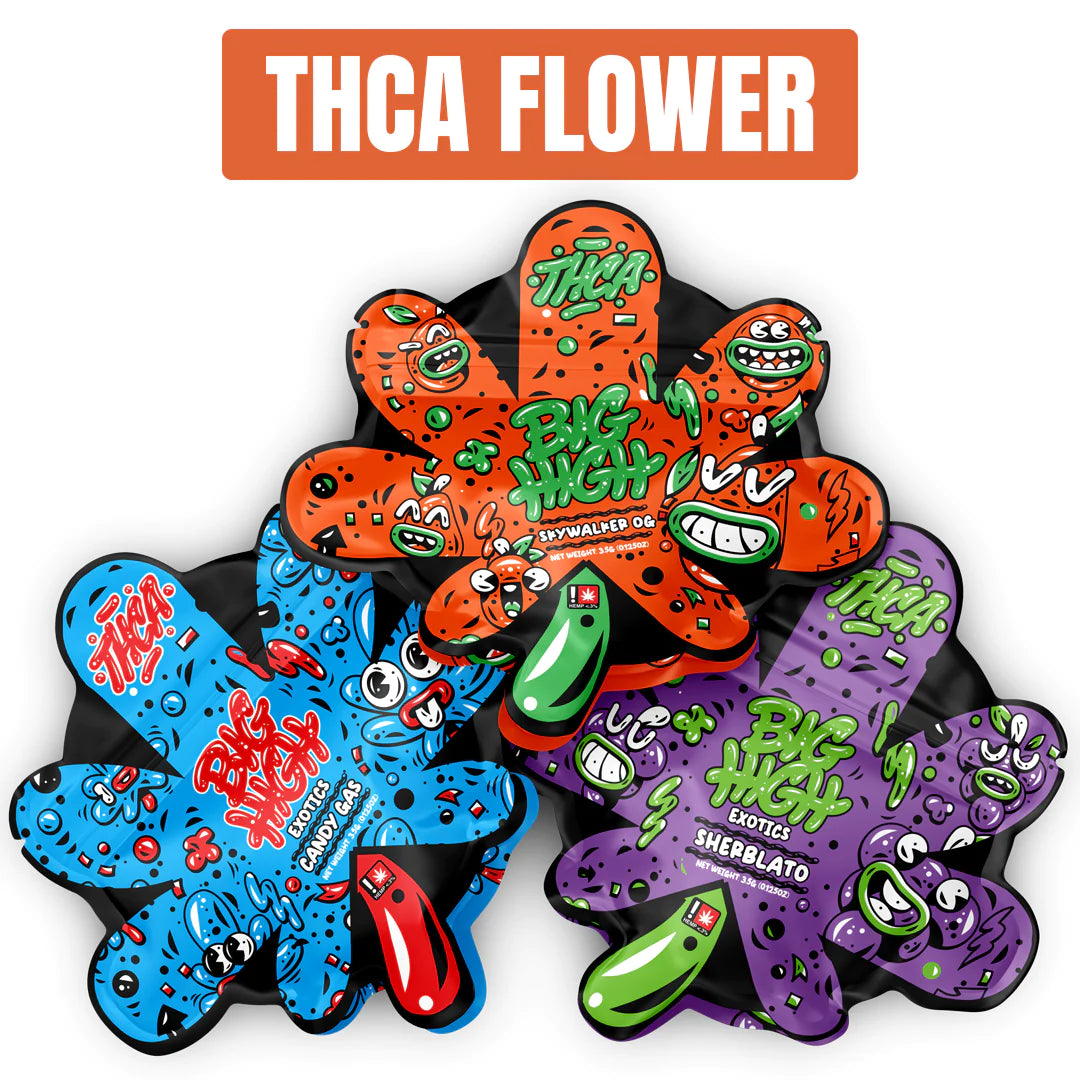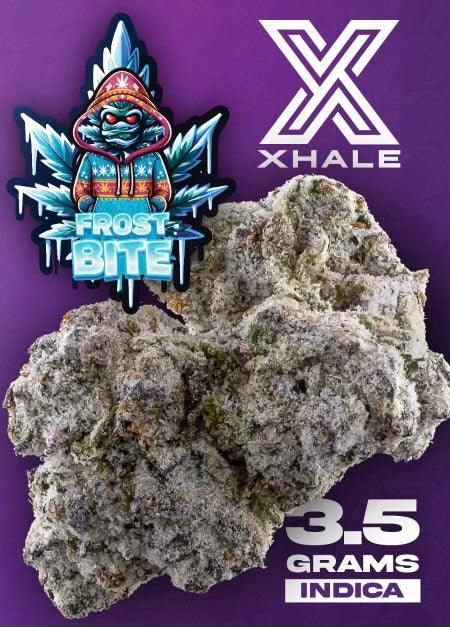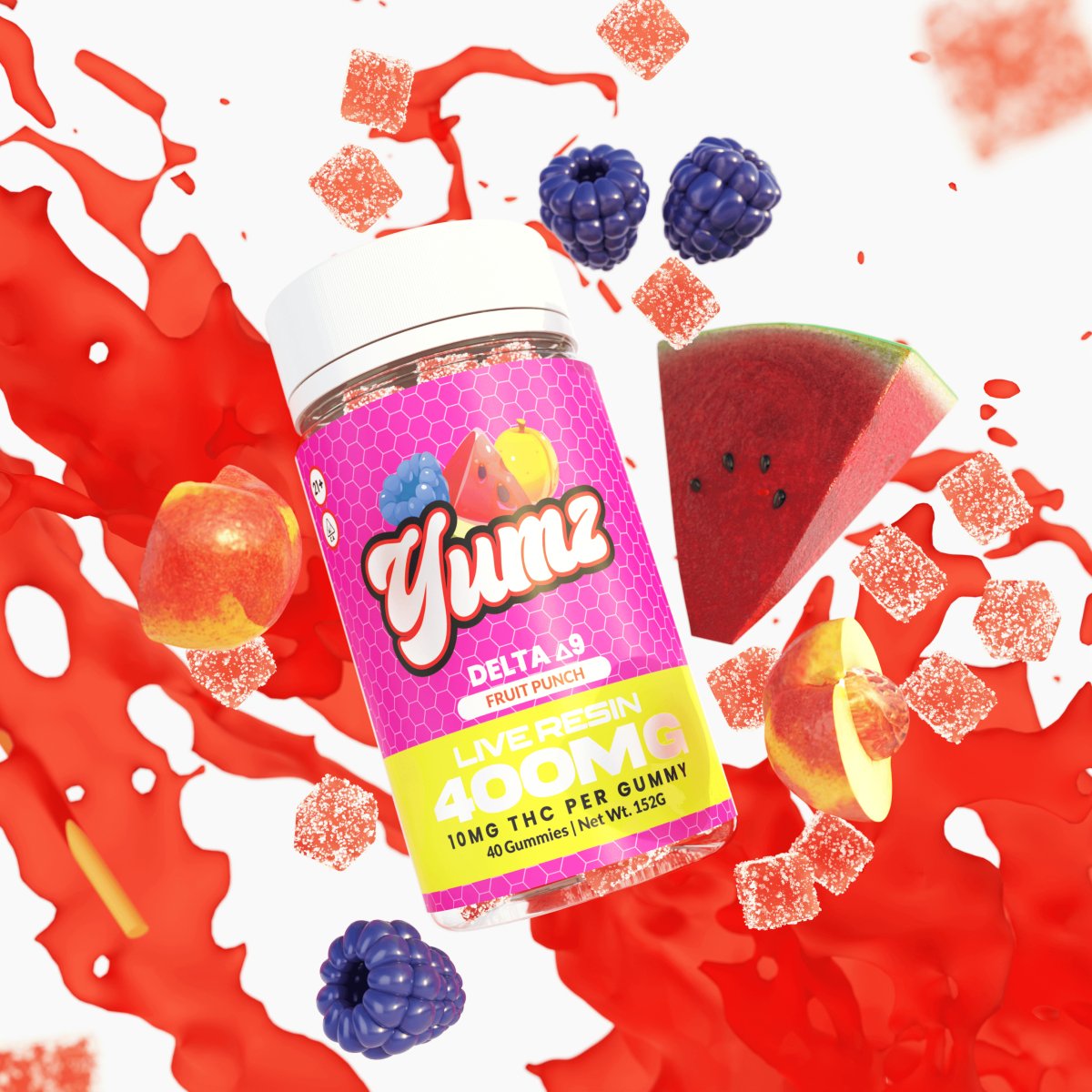
THCA vs. Delta-9 THC: Decoding Strength in Cannabis Compounds
In the realm of cannabis, the conversation around potency and effects often centers on various cannabinoids, the active compounds within the cannabis plant. Among these, Delta-9 Tetrahydrocannabinol (Delta-9 THC) is renowned for its psychoactive properties, heralding the iconic high associated with cannabis. Conversely, Tetrahydrocannabinolic Acid (THCA) is its acidic precursor, non-psychoactive and residing in the raw cannabis plant. The question of whether THCA is "stronger" than Delta-9 THC necessitates an exploration beyond mere psychoactivity, delving into their chemical structures, physiological impacts, and therapeutic potentials.
The Chemical Dialogue: THCA and Delta-9 THC
Understanding the Basics
At the molecular level, THCA and Delta-9 THC share a close relationship, with THCA serving as the direct precursor to Delta-9 THC. This transformation occurs through a process called decarboxylation, where heat or prolonged storage causes THCA to lose a carboxyl group, converting it into Delta-9 THC. This chemical reaction is pivotal, as it marks the transition from a non-psychoactive to a psychoactive state.
Measuring "Strength"
If we define "strength" in terms of psychoactive effects, Delta-9 THC undeniably takes the lead. Its ability to bind to the CB1 receptors in the brain induces the euphoric and mind-altering experiences characteristic of cannabis. In contrast, THCA does not share this psychoactive capability, rendering it "weaker" in this particular aspect.
Physiological Effects: Beyond the High
While the psychoactive potency of Delta-9 THC is well-documented, equating strength with psychoactivity alone paints an incomplete picture of a cannabinoid's value. THCA boasts a profile rich in potential health benefits, engaging with the body in ways that Delta-9 THC does not.
The Therapeutic Potential of THCA
Emerging research suggests THCA has anti-inflammatory, neuroprotective, and anti-nausea properties, among other health benefits. For individuals seeking the therapeutic effects of cannabis without the intoxication, THCA might be considered "stronger" or more appealing than Delta-9 THC.
Delta-9 THC's Dual Role
Delta-9 THC, beyond its recreational appeal, plays a significant therapeutic role. It has been utilized for pain relief, appetite stimulation, and the alleviation of nausea, particularly in chemotherapy patients. This dual functionality underscores the multifaceted nature of cannabinoid strength, where therapeutic value contributes significantly to a compound's perceived potency.

Legal and Social Considerations
The legal landscape further complicates the discussion of cannabinoid strength. In many jurisdictions, the legal status of cannabis and its derivatives hinges on their psychoactive properties, with Delta-9 THC often facing stricter regulations compared to its non-psychoactive counterparts.
The Legal Quandary
In regions where cannabis is legal for medical or recreational use, products containing Delta-9 THC are subject to regulatory scrutiny, including limits on possession and consumption. THCA, by virtue of its non-psychoactive status, typically navigates a less complex legal path, though this can vary by location.
Implications for Users and Producers
For consumers, the legal distinctions between THCA and Delta-9 THC influence accessibility and usage choices. Meanwhile, producers must navigate these regulations in their cultivation, processing, and marketing strategies, affecting the availability of THCA-rich products versus those high in Delta-9 THC.
Rethinking "Strength" in the Cannabis Context
The comparison between THCA and Delta-9 THC challenges the traditional notion of strength as solely a measure of psychoactive effect. In the broader context of health, wellness, and legal considerations, strength becomes a multidimensional attribute, reflecting a compound's capacity to meet specific user needs and preferences.

The Role of Personal Experience
Individual reactions to cannabinoids vary widely, influenced by factors such as body chemistry, tolerance levels, and the presence of other cannabinoids and terpenes in the product. This variability suggests that the "strength" of THCA versus Delta-9 THC is also a personal equation, dependent on the user's objectives and experiences.
Conclusion: A Spectrum of Potency
In conclusion, asking whether THCA is stronger than Delta-9 THC invites a complex answer, one that considers not only the psychoactive intensity but also the therapeutic potential, legal implications, and personal experiences. THCA and Delta-9 THC, with
their distinct profiles, offer a spectrum of benefits that cater to diverse needs within the cannabis community. The strength of a cannabinoid cannot be measured by its psychoactive effects alone; rather, it encompasses a broader range of attributes, including medicinal benefits, safety profile, legal status, and individual user experience.
The Future of Cannabis Research and Application
As the scientific community delves deeper into the intricacies of cannabis and its myriad compounds, our understanding of cannabinoids like THCA and Delta-9 THC continues to evolve. Future research promises to shed more light on their pharmacological mechanisms, therapeutic applications, and potential synergies within the cannabis plant. This expanding knowledge base will likely refine our definitions of cannabinoid strength, emphasizing a holistic approach to evaluating their effects.
Personalized Cannabis Experiences
The diversity in cannabinoid profiles supports the movement towards personalized cannabis medicine and recreational use. As consumers become more informed about the nuances of THCA, Delta-9 THC, and other cannabinoids, they can make more tailored choices to suit their health conditions, wellness goals, and desired experiences. The concept of strength, therefore, becomes individualized, rooted in personal efficacy and satisfaction.
Navigating Legal Landscapes
The legal considerations surrounding THCA and Delta-9 THC underscore the need for a nuanced approach to cannabis legislation. As laws evolve to reflect the complex nature of cannabis compounds, there is hope for more informed regulations that differentiate between cannabinoids based on scientific evidence and their potential risks and benefits. This evolution could pave the way for greater accessibility to a range of cannabis products, tailored to diverse consumer needs and preferences.
A Call for Comprehensive Education
Education plays a crucial role in shifting perceptions of cannabinoid strength and utility. By disseminating accurate, research-based information on THCA, Delta-9 THC, and other cannabinoids, the cannabis community can help dispel myths, reduce stigma, and promote a more informed and respectful dialogue about cannabis use. This education should extend to consumers, healthcare providers, lawmakers, and the general public, fostering an environment where informed choices about cannabis are the norm.
Embracing the Complexity of Cannabis
In the end, the question of whether THCA is stronger than Delta-9 THC reflects the complexity and richness of the cannabis plant. Both cannabinoids contribute to the plant's therapeutic and recreational appeal, serving different roles within the cannabis ecosystem. As our understanding of these compounds grows, so too does our appreciation for the sophisticated interplay of chemistry, biology, and human experience that defines the cannabis experience.
In a world increasingly open to the nuances of cannabis, recognizing the unique strengths of THCA and Delta-9 THC—and the many other cannabinoids yet to be fully explored—encourages a more comprehensive and respectful approach to this ancient plant. Whether seeking relief, exploration, or simply enjoyment, users have a fascinating landscape of options, each with its own definition of strength and potential.





